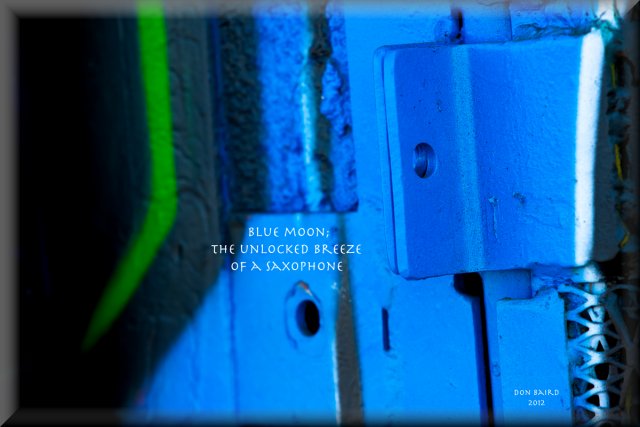
From time to time anthologies of haiku have been published reflecting the historical, regional, stylistic or didactic requirements of the editor.
The Living Haiku Anthology presents a somewhat different approach with minimal editorial intervention while utilising web and database tools of the 21st century. Our aim is to provide a repository of mainly published haiku (i.e. haiku that have been subject to previous editorial acceptance by haiku journal or book editors) that have now been submitted by their authors (or by their literary estates) for inclusion in this dynamic and open-ended anthology.
In this, it is important for us not to be caught in the current confusion as to what haiku is or what name it should bear. It is equally imperative that we do not accept poems that clearly lack connection to the historicity of haiku poetics and its development into modern times. Simple three line poems of descriptive or confessional writing, while beautiful or moving, are not necessarily haiku.
Living a. [attributive] literary (of water) perennially flowing.
Haiku n. short form verse in the style originally developed by a number of Japanese poets writing in the haikai tradition.
Anthology n. a published collection of poems or other pieces of writing.
Origin: mid 17th century: via French or medieval Latin from Greek anthologia, from anthos 'flower'
+ -logia 'collection' (from legein 'gather'). In Greek, the word originally denoted a collection of the “flowers” of verse, i.e., small choice poems or epigrams, by various authors.
Our mission here is not to define haiku nor to apply any purely subjective restriction on the inclusion in the anthology of that which has been called haiku through its assorted guises since its migration from the relative insularity of its birth country to other cultures, spiritualities and languages. Acceptance is based on the poetic value of submitted poems as accepted by editors of haiku journals and books over the years. Unpublished pieces may be included, at the Editor's discretion, to open up a fuller picture of haiku and its poets so that the progress of haiku and its global journey into modern times can become more apparent and revealing.
